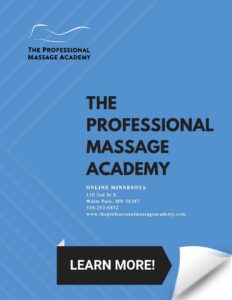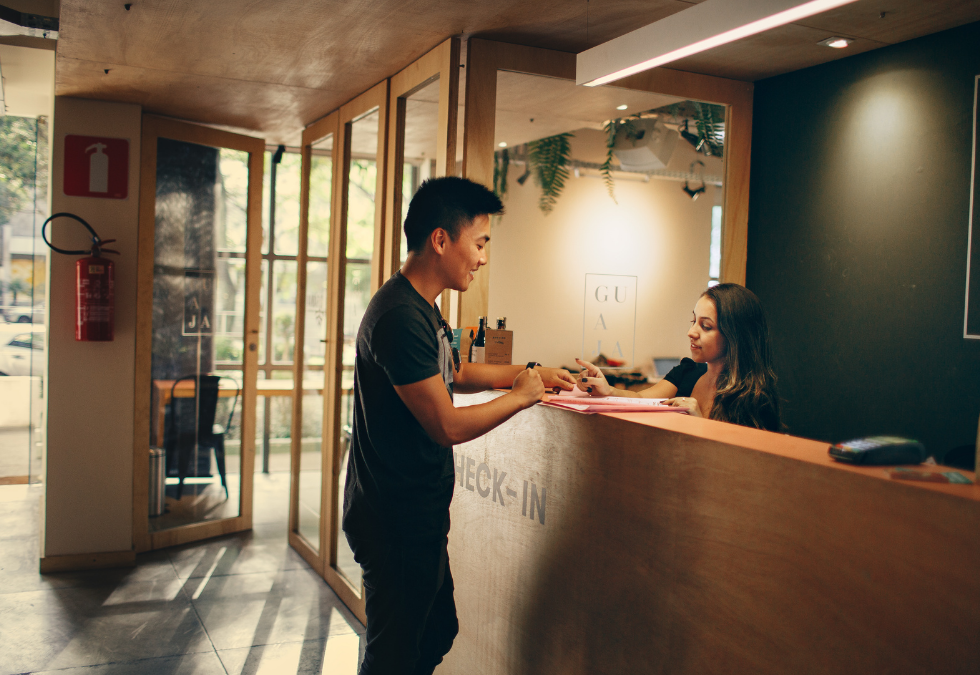It is especially helpful to know what to expect after your first massage. This will give you a good indication of what is “normal” and expected, so that you are well-informed. It will also give you an idea of what is not normal, and thus more able to develop a plan in that case. This will also give you important insight into when to schedule your next massage, based on how you may feel and what you have going on in your life. Also, this blog will discuss ways in which you can feel your best after your session with “pre-care” and “post-care” tips.
What to Expect
After your first massage, and even after subsequent massages, you may be a bit run-down or “worked,” tired, or sore. These are all fairly normal responses. Many massages are working your body in an intense way and your body may feel those effects afterwards. There is an increase in blood flow, oxygenation, immune response, muscle recovery response, metabolic activity, lymphatic/circulatory system, and even hormones and other chemistry-related changes in the body. In other words, you may feel like you need to rest. It is a good idea to allow yourself ample time after to rest and not schedule any stressful or overly-active or strenuous activity that same day. Oftentimes, it is good to clear your calendar or schedule your appointment for the end of your day. Usually, people feel less run-down and tired by the next day, and even report feeling much better than they did before the massage.
Soreness After Your Massage
Slight to mild soreness in your muscles after a massage is a normal response to the treatment. Depending on the type of massage you receive, your therapist will use specific pressure and techniques for the best results. For example, if you receive a “deep pressure” or “sports massage” then this is often more firm pressure and you may feel soreness afterwards for 24-48 hours. Our muscles need time to recover afterwards.
If you do not want to be sore after your massage, you should discuss this with your therapist and they may choose to use lighter pressure or a different approach, such as effleurage (more gentle and light pressure). If you experience intense pain, joint pain or unexplained pain, numbness/tingling, or other abnormal symptoms you should contact your MT right away and in the case of an emergency go to the hospital. Also, if your soreness lasts longer than a couple days it would be best to speak with your MT.
Pre-Care For Your First Massage
Here are some ways in which you can feel your best after a massage. In terms of “pre-care,” drink lots of water prior to your massage. This is helpful so that you are adequately hydrated going into the session. The recommendation is to drink half of your bodyweight in ounces of water daily. Also, drink water after you receive your massage as this will help to flush out toxins and aide your body’s natural recovery and lymphatic processing.
“Post-care” techniques include hydrating, eating the right foods, gentle stretching, and light walking. After a massage, it is good to eat foods that replenish your nutrients such as green vegetables, protein and non-processed/sugar-free foods. Gentle stretching techniques can help to prevent soreness or stiffness. Light and non-strenuous walking can improve post-massage soreness as well, however do not over-tax your body – keep it light!
 To learn more about our online massage therapy school, click here!
To learn more about our online massage therapy school, click here!
For more massage therapy content, follow our Instagram!


Recent Comments